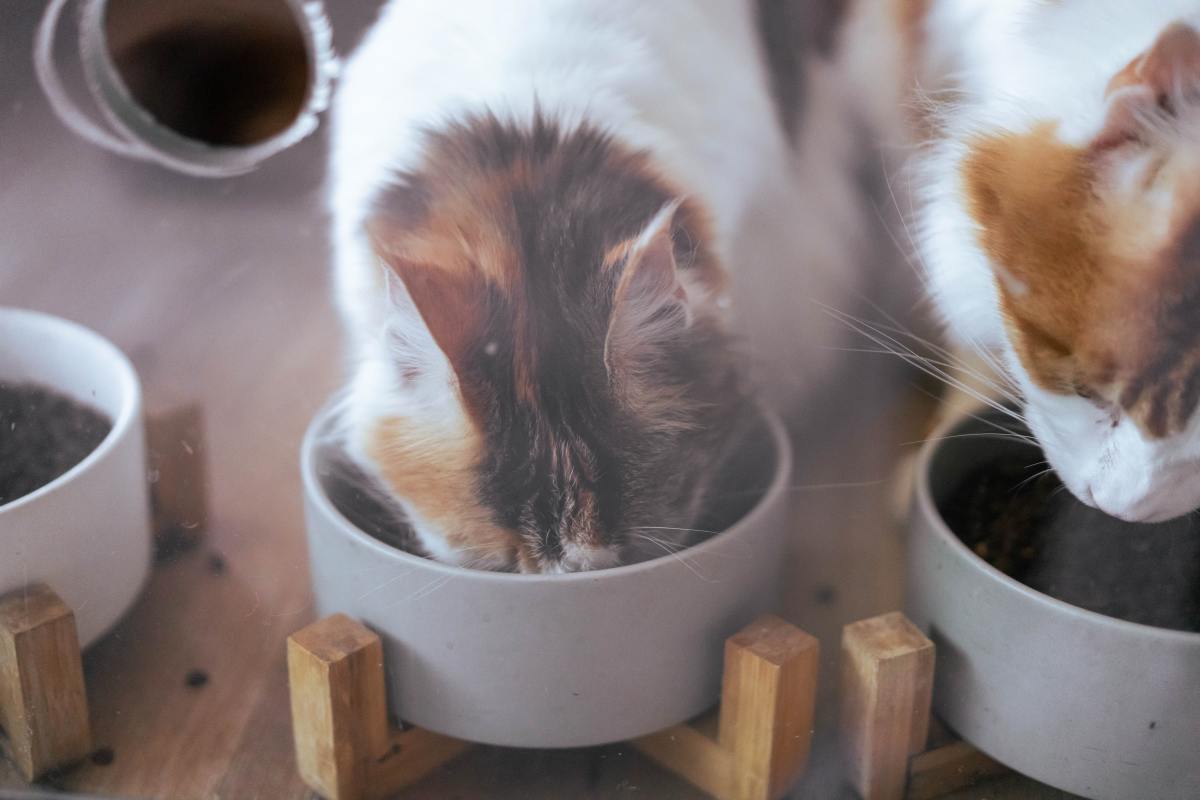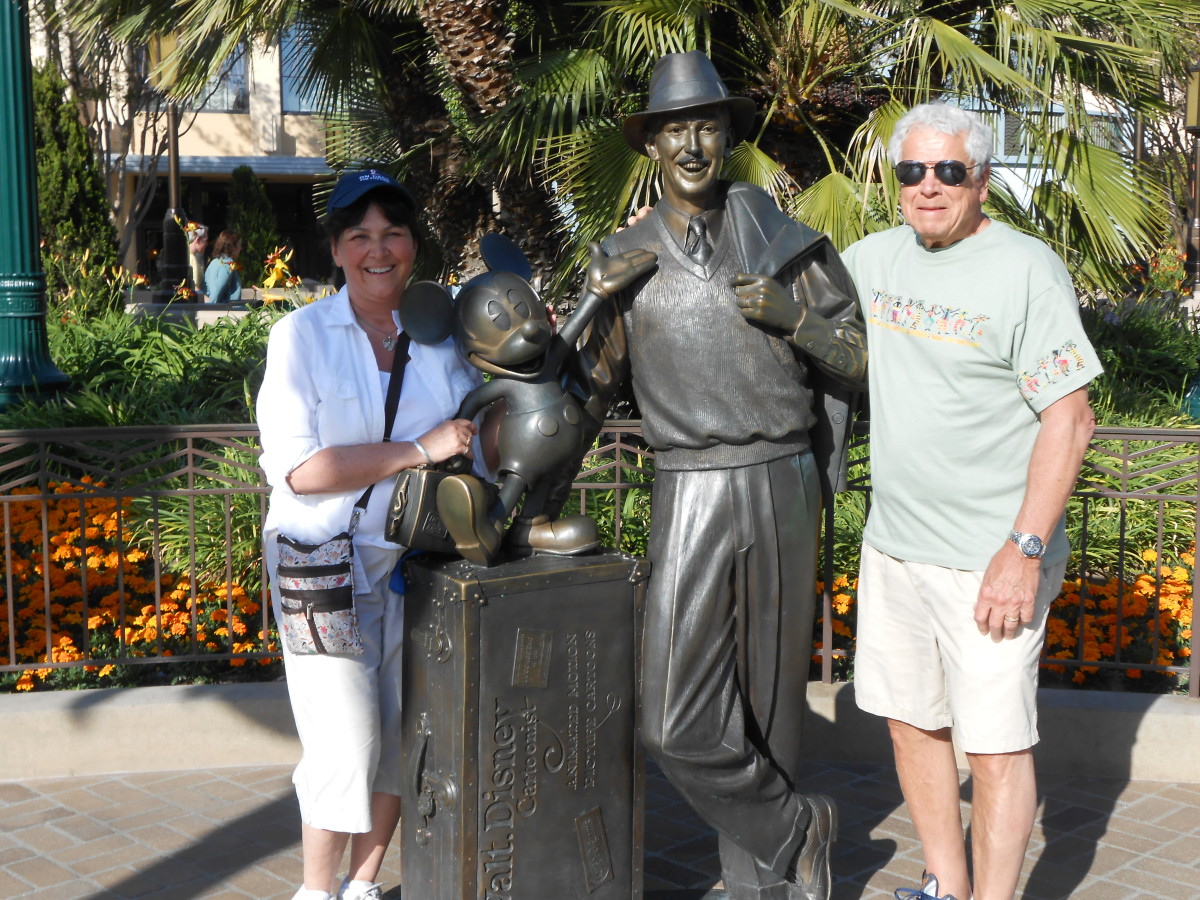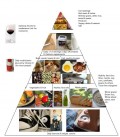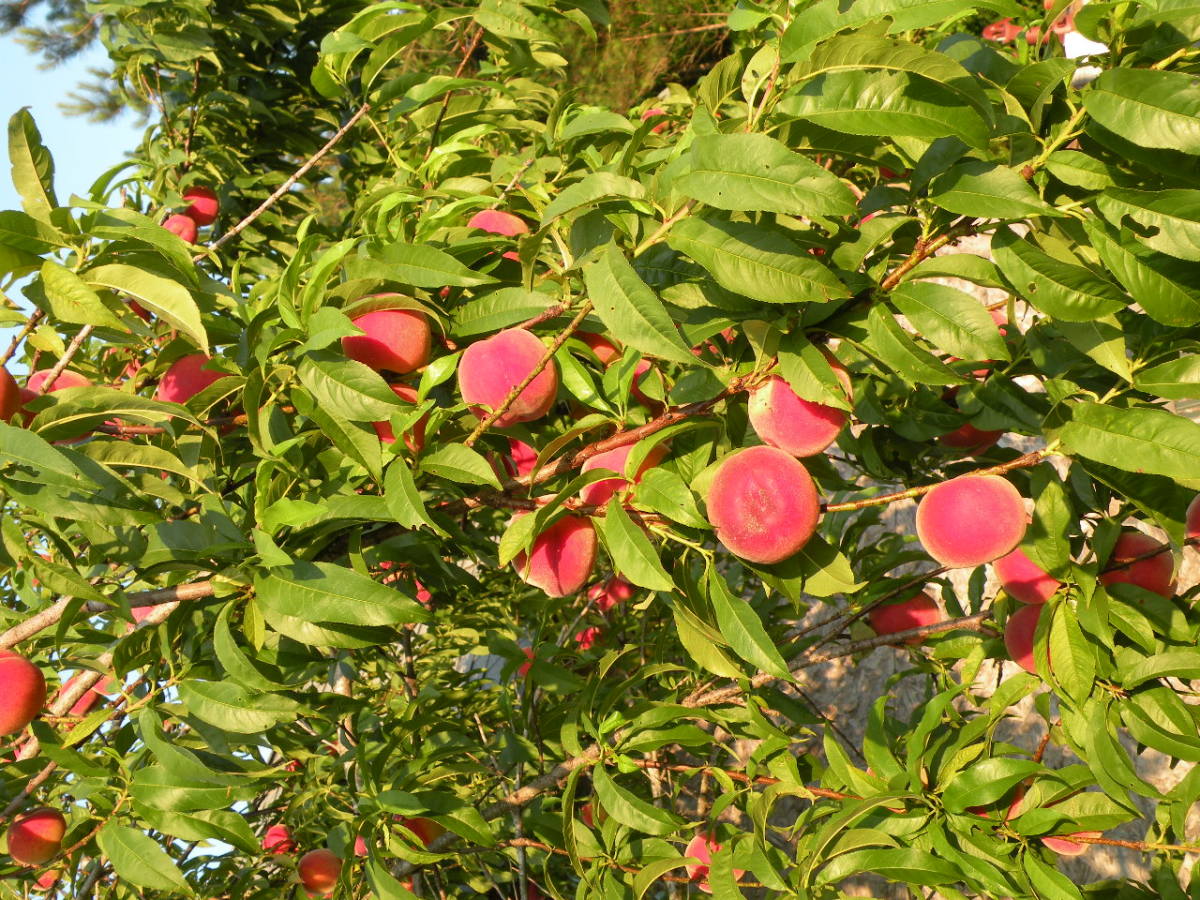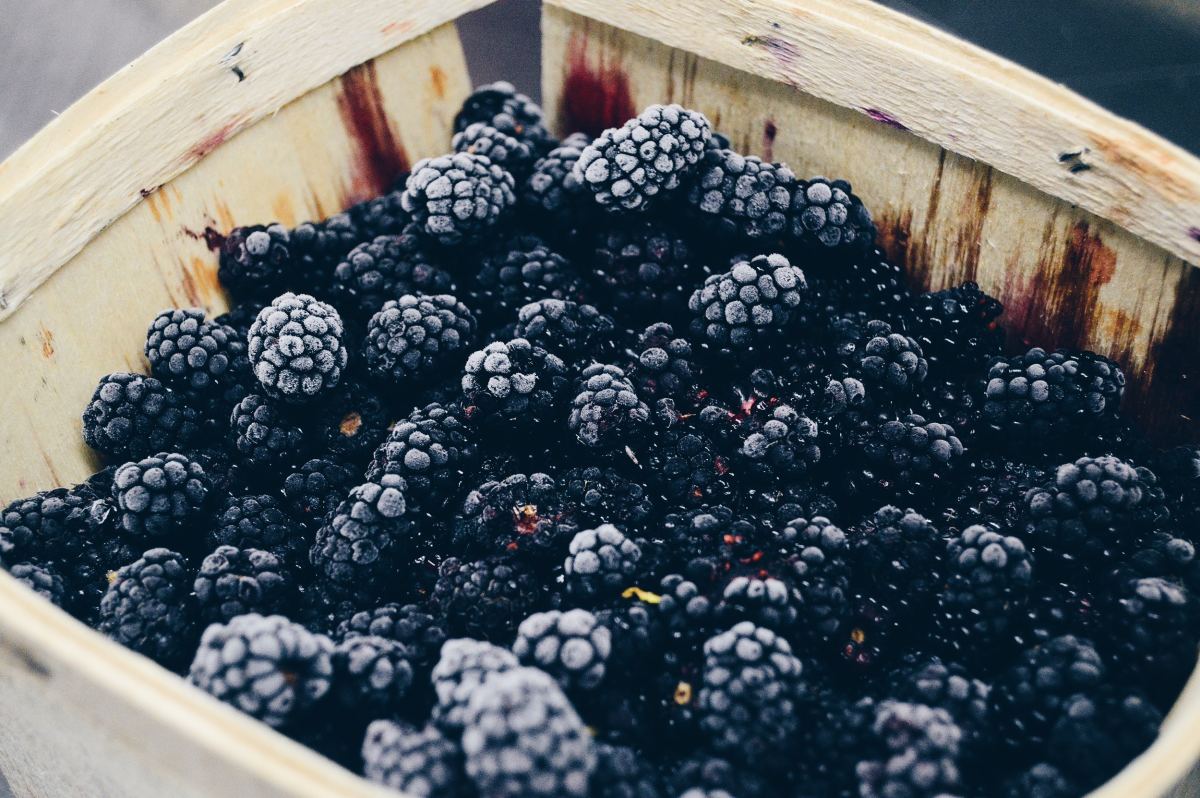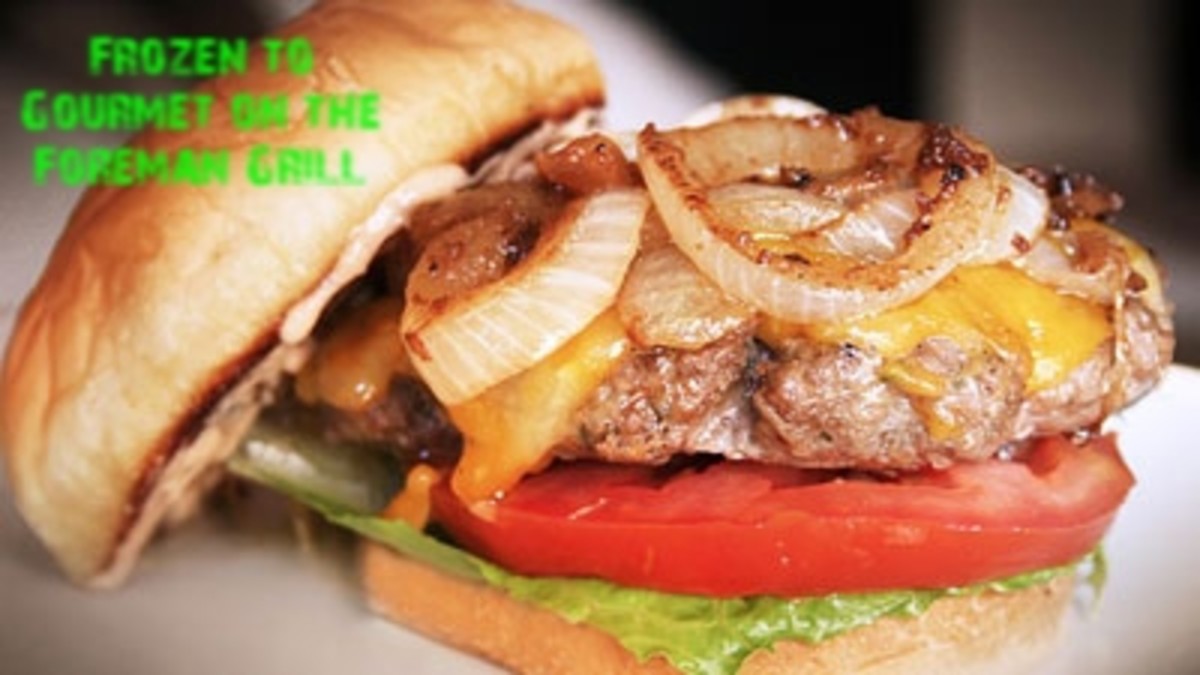Why I Stopped Eating Meat
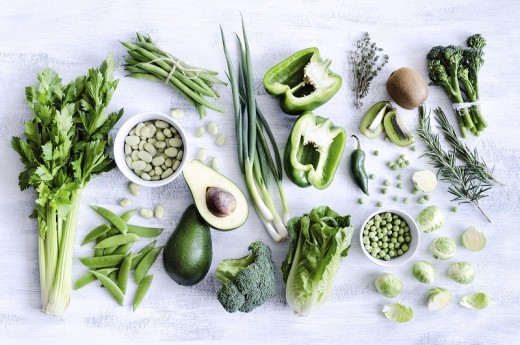
So in other words, this is a SERIOUS problem.
About a year ago I had a problem, first thing in the morning when woke, I would have chest pains as I got out of bed. If I mowed the lawn, if I got agitated, if drove for too long, it got to the point where nearly anything could cause me to have heart palpitations or chest pain.
A busy schedule of work, kids, and it being the political season (the wonderful event we hold in America every four years to elect a President) had me putting aside good exercise and eating habits I had stuck to in recent years.
I had never stopped eating meat completely, but I had certainly curbed my intake of red meats and dripping with grease food items, sticking mostly to Salmon and Tuna.
But in the months leading up to those chest pains, more and more meals were chicken or beef, a quick burger on the fly from a fast food joint, a ten minute pizza thrown into the oven, slowly as the weeks passed my diet became more inclusive of dairy, meats, and fast food meals.
Finally the pains got so bad, I decided it was time to see a doctor, something normally only a broken bone or torn Achilles could have driven me to do.
After a series of blood tests, a nuclear stress test, and a variety of other prods and probes, the results came in, my heart was in great shape. But there was a problem, I had plaque buildup.
Now I’m not the most well educated when it comes to modern medicine, but I was pretty sure that not having a bad ticker, but having plaque buildup was a good analogy for the saying “six one way, half a dozen the other”.
I mean, was I supposed to feel good about the fact that it wasn’t my heart that was going to cause me to have a heart attack or stroke at any moment, it was the plaque built up inside my arteries that was to cause it?
The doctor suggested more tests, and that I begin taking a prescribed drug. I thanked him, told him I wanted to look into it, and I would contact his office later. Then I went home and began researching plague buildup, its causes, and cures.
Plaque Build-up
The first thing I needed to learn, was what exactly is Plaque and what causes it. Plaque is essentially cholesterol combined with fat, calcium, and other substances in the blood that slowly builds up and hardens in the arteries, causing them to narrow. This buildup of plaque leads to heart disease, heart attack, and stroke.
Now that I had an idea what it was, it was time to learn what could be done about it, how to reverse the problem (if possible) and keep the worst from happening as long as possible. That led to a lot of reading and research, but the most memorable of all things I read or saw during this was the image below, it drew my attention and got me reading, which eventually led to my change in diet.
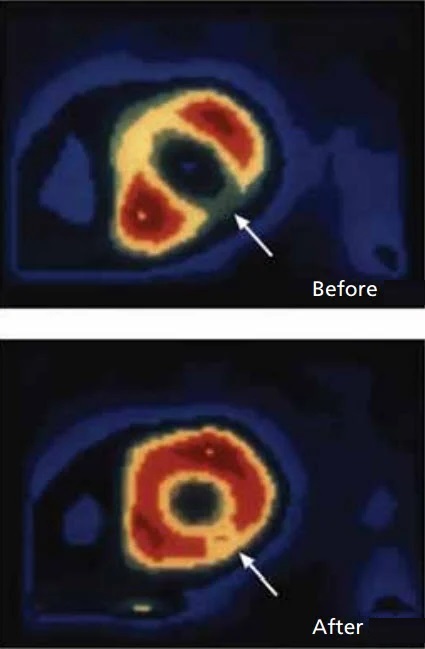
As I read and watched more material it led to my learning all about diet, and how what we eat impacts us in a way I had never known before.
I learned all about the industrialized meat industry, it opened my eyes to things I had never considered. I watched documentaries like Food Inc., What the Health, and Supersize Me and over the course of watching and reading, I began to realize that how I was feeling (low energy) as well as the health problems that were arising inside of me, were directly tied to my diet.
That's right, my diet. Not my genetics, not my exercise (or lack of it), but the fact that I had slowly returned to eating a almost entirely processed diet (low on raw vegetables and fruits, high on processed meals and foods).
Warning: the noted documentaries above may expose you to the horrific cruelty involved in the meat industry today, one of those documentaries contained some of the most visually disturbing images I had ever seen.
The more I learned, the more I realized the processed foods we eat (especially meat products) go through so much processing that they are often loaded with suspected cancer causing carcinogens, hormones, and toxic levels of dangerous chemicals to the point of becoming more dangerous to our health than cigarettes.
Additives, antibiotics, preservatives, and artificial substances are added to almost all processed foods for flavoring and to extend their shelf life, many of which are known to cause health problems.
One example is sodium nitrite, which finds its way into a range of cured meats, and is known to significantly increase your risk of colorectal tumors.
Another example is a study by the University of Southern California that identified a link between consumption of processed meats and cancer. While yet another study done in Sweden found that Swedes who consumed three ounces of processed meat a day were fifteen percent more likely to get stomach cancer compared to those who ate less of them each day.
Study after report after health guru gone YouTube viral added to the list, and showed the results, how could things be this bad, and yet allowed?
Organizations like the FDA (Federal Drug Administration), AHA (American Heart Association), ACS (American Cancer Society), are supposed to monitor the food industry and provide us with information on how to stay healthy, yet these very agencies are sponsored by some of the biggest names in the food industry, and their highest positions are populated by former employees or representatives of those food corporations.
Monsanto (Bayer), the company that is responsible directly or indirectly for about 90% of the food grown to feed both people and livestock in America, also produces the poisons (Roundup) that is sprayed on those foods to protect them from bugs and disease. Monsanto (Bayer) also happens to be a major sponsor to the American Heart Association, to the tune of tens of millions of dollars.
The FDA has former Monsanto (Bayer), Phizer, and Johnson & Johnson employees or legal representatives throughout its ranks. The FDA, because of these ties, is likely to protect the very corporations that could be poisoning our food supplies with chemicals and toxins that studies have deemed unsafe for consumption.
Another example, would be the AHA which advises you to eat some of the very foods a Doctor might suggest leads to heart disease and plaque filled arteries.
The more I was learning, the more I had to question everything I had ever learned regarding diet, what was safe to eat, what was needed in a diet, and what we (mankind) were designed to eat. Our sources of food, the campaigns run to tell us what was safe to eat, and what a good food pyramid was, all of it was suspect because it was all controlled to one degree or another by some of the largest International Food Corporations that exist today.

Age and Lifestyle Changes
Twenty years ago I was one of the most fit individuals you could meet. It was essentially my job to be strong, fast, and durable. Endurance was my middle name. 30 mile hike with 75 pounds of gear, no problem. 10 mile run at 7 minutes a mile or less, piece of cake. Swim a mile, scale a mountainside, all part of the job description.
During this time, it took effort just to maintain my size and not lose weight, I could eat anything, something like a Double Mac & fries, with a pint of B&J Fish Food to wash it down was nothing unusual for Dinner.
As my life became much more sedentary, and I no longer stayed active and fit, my dietary habits got worse, never needing coffee in the past, it became more a part of my life, never being too concerned about what I ate, eating larger meals became normal and fast food became more of a part of my diet, smoking became a way of handling stress, rather than going for a run or hitting the weight room.
It wasn't until my mid 40s that I was told by my wife (a RN) that I had high blood pressure and had to change my lifestyle. I quit smoking, I began a modest exercise (cardio mostly) program, and cut back on the big meals while adding more produce to my diet and that worked for a few years until the 'relapse'.
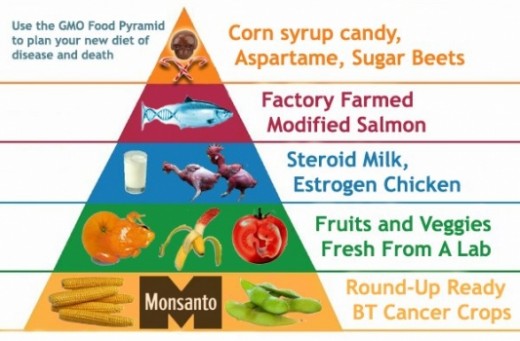
So I changed my diet. The most obvious thing seemed to be to cut out all 'fast foods' and stop eating meats, all of them. But when you have a family that you eat with and make meals for, it is not so easy to make the grand sweeping changes you want to make all at once.
We did cut out all meats (the boys are allowed to cheat on occasions) and we switched from dairy milk to almond milk, increasing in our diets more raw salads, fruits, lightly steamed vegetables, organic non-GMO pasta, rice and cerials.
That's all it took, and the chest pains went away after a few weeks, my energy levels increased back to normal, and I have noticed we all sleep better, and the boys are a bit more consistent in their energy levels, sleep habits, and are performing better in school.
I needed to start somewhere, and fortunately where I started has had a significant impact for the better.
We are what we eat, and now more than ever one really has to research what it is they are eating, and how it is grown, raised and processed.
Plant-Based Diet - Where better to start than a Doctor/Lawyer that has real world experiences to provide you?
© 2017 Ken Burgess

